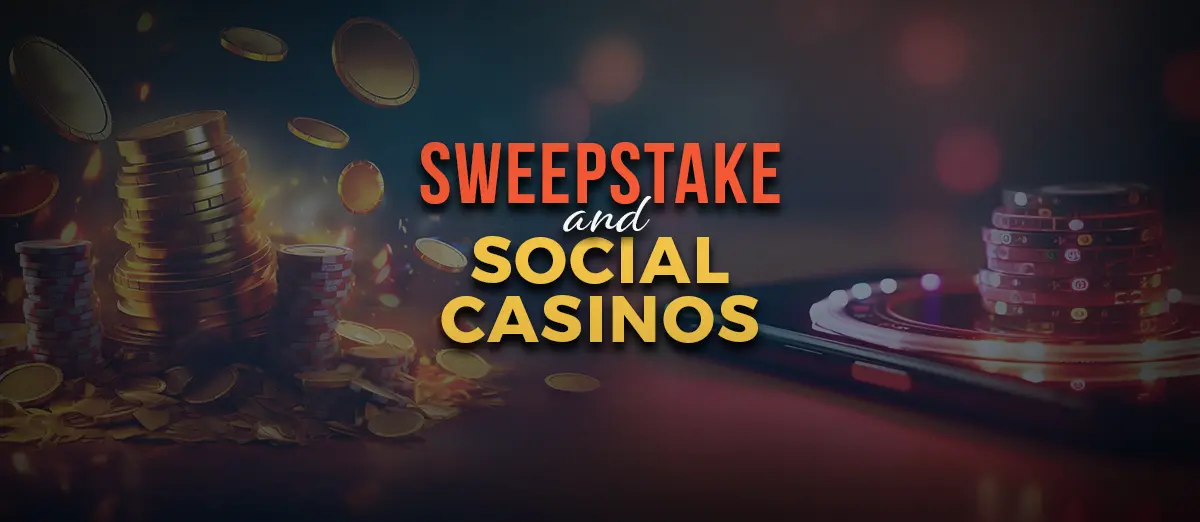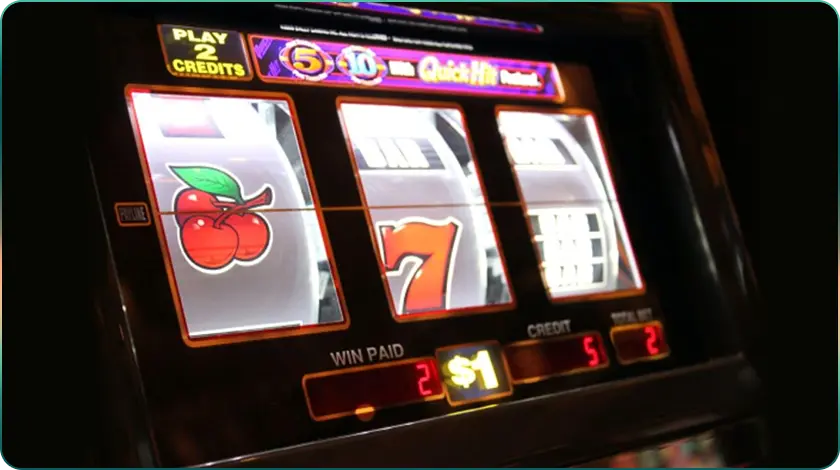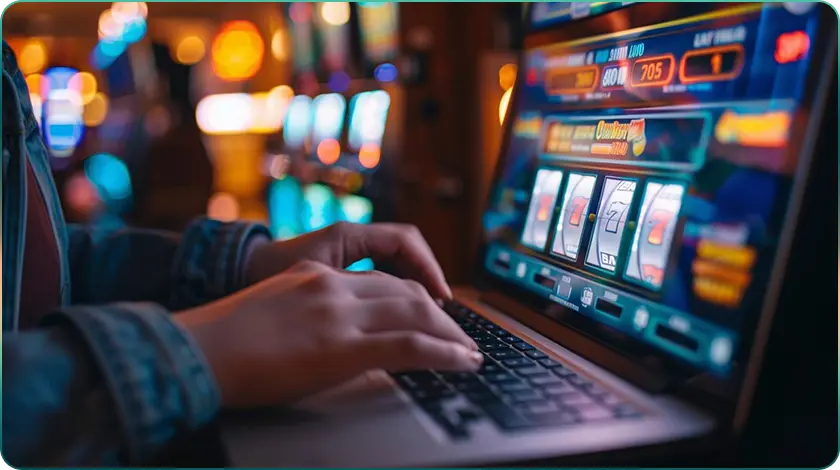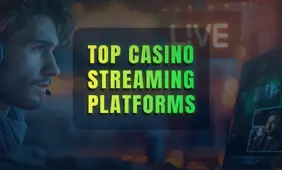The New Frontiers of Social Gambling

The gambling industry has many different aspects to it in terms of niches and verticals which have helped it to become one of the biggest in the world. Over the last decade, the sector has taken numerous sophisticated strides forward which has helped it to continue to satisfy the ever-changing intrigues of the market.
One of the biggest priorities over the last few years in the gambling industry is providing the ultimate in user experience, and as a result, we have seen many different and unique evolutions.
As a result, this has led to there being more of an emphasis placed on different ways to gamble and as such, casino gamification is one of the new micro-niches that is having an impact.
Two of the initiatives have come in the form of social gaming casinos, both of which have started to make a dent in the industry and are gradually becoming more and more popular. Below, we investigate exactly the impact that these are having and how they compare.

Inner Dynamics of This Type of Gaming Site
Social gambling sites operate in a fairly simple way and, in many ways, are a lot easier to understand than ordinary live online casinos, which makes the signup process for interested users all the more seamless.
One of their main stipulations, though, is that players have to be over the age of 18 because these still have games that simulate a gambling environment despite no actual currency being exchanged in this particular way. As a result, because most of these can be found on social media platforms (particularly Facebook), any advertisements that market these casinos need to target users over 18, which is specifically legislated.
Their aim is to emphasize the focus on building a sense of community among players and even constructing mini-communities in the game, such as families or friendship groups.
It means that they can then enter into games against each other, with these very much being focused on the social side. As a result of this, Facebook proved to be the most natural advertising platform to attract users of this nature and gambling is still very much seen as an alluring form of entertainment.
When players sign up for a social gaming site, they find that most of them work on a freemium type model - similar to which the majority of social games are built on. While players can play for free, they may find they are limited by what they can do or how far they can progress at certain casinos - each one has its own unique model.
Often, it is the case that players can buy a set of chips for a nominal fee (which is one way that the casino makes money), though in exchange, this unlocks extra levels or games for players who are keen to move further up the leaderboard, highlighting what is usually the competitive nature among friendship groups.
Of course, the ability to withdraw winnings is impossible; however, these are usually reflected in a certain amount of gold coins or tokens that indicate the success rate of a player among their peers.
How Do Social Gaming Sites Make Money?
In addition to selling chips to users in exchange for unlocking further levels and/or games quickly, instead of over a certain period of time, for example, there are also numerous other ways that these casino types make money.
Of course, marketing and advertising is one way and often, players may notice in-game advertisements, which can appear in a number of ways.
Another revenue stream can be the option to pay for an 'ad free' experience in order to provide them with a more seamless experience.
Unique Rewards Systems and Virtual Currency
One of the main differentiators of sweeps-type gaming sites is that these are set apart by how their rewards are defined. While the sites are in compliance with gambling regulation it doesn't necessarily mean that this is in the same way as normal online casinos - more that they have discovered loopholes.
This is demonstrated by the fact that players first have to buy virtual currency and are then entered into contests. As such, these then provide the basis for rewards.
Players then use this virtual currency that they have purchased to play the casino games, and any winnings can then be converted back into FIAT (USD) currency and cashed out. These operations are most popular in the US, where crypto gambling is legislatively complex. Being structured as a sweepstake, it means that this is not classified as gambling and this opens them up to a wider, potentially more interested audience.
With a wide selection of different games such as poker, blackjack, slots, and roulette, in addition, to live dealer options, and the virtual currency model makes it more enticing due to the ability to compete for cash rewards.
Following the signup process, users are able to buy virtual currency packages, and these often consist of bonus entries. As such, players are then provided with the opportunity to try out many different games.
Exploring their Popularity
There are a number of reasons for their popularity over the last year, the main one being that they act as a loophole to still be able to gamble and end up with cash rewards as a legal, albeit more convoluted result.
Having a free-to-play option also completely eliminates any risk of losing the virtual currency that you bought, allowing players to try different games out without needing to make any purchases.
In addition, and similarly to that of regular online gambling sites, they run attractive promotions which can be enticing as a way of attracting new players and retaining existing ones. These could include additional virtual money, additional entries or being able to access exclusive games.
Risk vs. Reward
Of course, where there is any form of gambling simulation, there are bound to be some concerns. The fact is that social gaming can still be addictive - just like traditional land-based and online gambling sites.
In addition, there is also the worry about the regulation and how fair this particular niche is. Because some jurisdictions do not have regulations in place, it raises questions about the security of players' funds, so there is more of an emphasis on players choosing their gambling site carefully.
What has also been brought to light is the fact that the concept is still relatively new, which means that some only have a limited number of games available, raising concerns about the overall user experience.

The Future of Both Casino Types
It will certainly be interesting to see how both of these industry elements develop in the future.
With gamification set to become one of the next big niches of the gambling industry, both of these products are essentially by-products. However, for those wishing to win real money in jurisdictions where gambling is still prohibited, we may see a considerable boom.
However, one catch might be that players need to become more knowledgeable about digital currency and the risks involved if they choose to sign up for these. It is likely that these types of casinos will always provide a fun and less risky mode of gambling for those who do not wish to gamble real money, instead competing against other people.






Review this Blog
Leave a Comment
User Comments
comments for The New Frontiers of Social Gambling